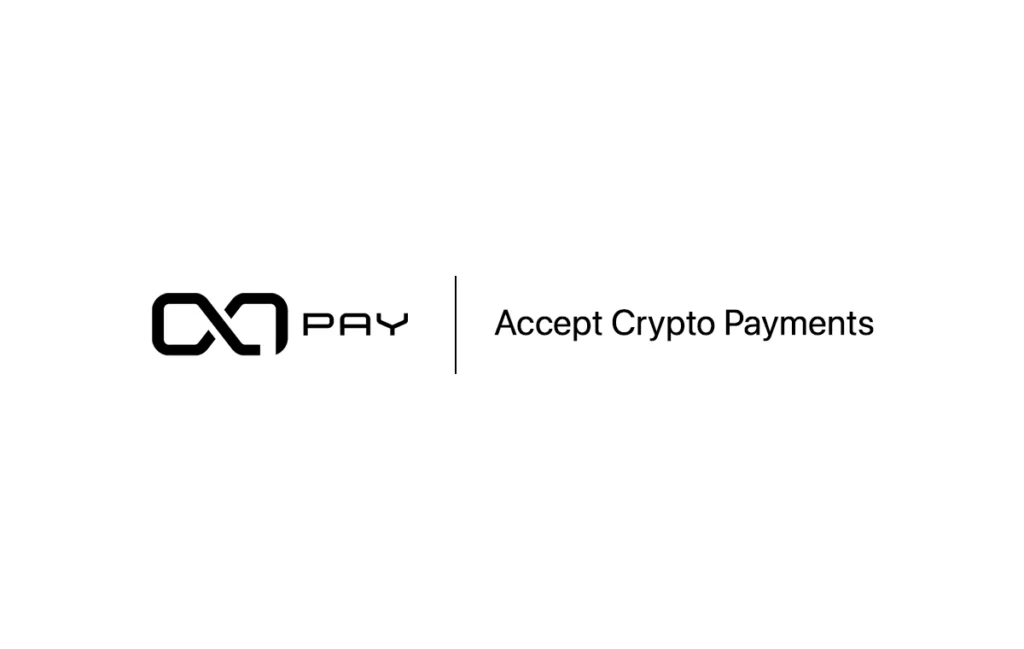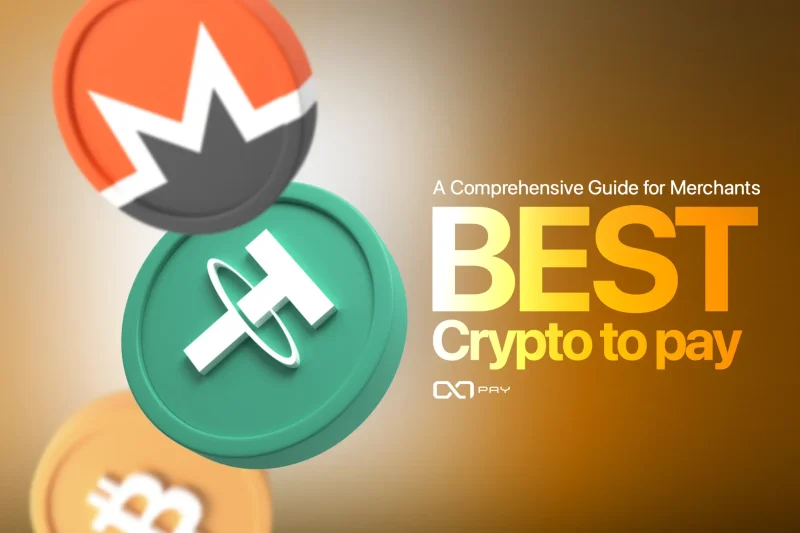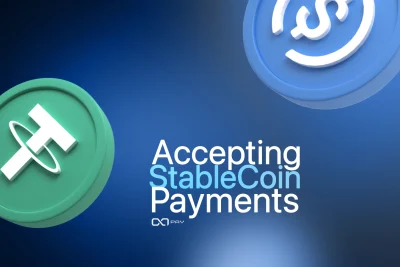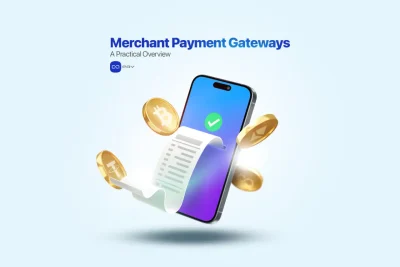It is very important for merchants to choose the best cryptocurrencies to business. Among the multitude of different cryptocurrencies, choosing the best crypto to pay for can be overwhelming. This article aims to simplify the process and provide insight into the best cryptocurrencies for payment. In this article, we examine the pros and cons of 8 of the best coins for payment and help you make an informed decision that suits your specific needs. We’ll delve into the strengths and weaknesses of each, guiding you towards the optimal choice for your business payments.
Choosing the best Crypto for pay: Tailoring to Your Business Needs
Unlike traditional methods, cryptocurrencies utilize decentralized technology, ensuring secure and transparent transactions. With the rising popularity of cryptocurrencies, it’s essential for merchants to explore their options and discover the best crypto to pay in their business.
Before we introduce the best crypto for pay, it’s crucial for merchants to assess their unique business requirements. Understanding your needs and preferences is a pivotal step in making the right choice for digital transactions. Let’s explore the key considerations that should guide your decision-making process:
Business Operations
Evaluate your transaction volume and business model. Understanding your daily operations guides the selection of a cryptocurrency that seamlessly aligns with your requirements.
Customer Preferences
Know your target audience and their payment preferences. Choose a cryptocurrency that resonates with your customers, ensuring a positive shopping experience.
Risk Tolerance
Assess your risk tolerance and financial goals. Strike a balance that aligns with your business objectives, factoring in the inherent volatility of cryptocurrencies.
Integration
Examine how easily the chosen cryptocurrency integrates with your existing systems. Streamline the payment process for both you and your customers.
Regulatory Compliance
Stay informed about regional regulations. Ensure compliance to mitigate potential risks associated with legal uncertainties.
Team Education
Educate your staff on cryptocurrency transactions, security measures, and customer support protocols. Team readiness is vital for a smooth transition to digital payments.
By carefully considering these aspects, merchants can make a well-informed decision when choosing the right cryptocurrency for their payment needs. Remember, it’s not just about the features of the cryptocurrency itself but how well it aligns with your business dynamics and customer expectations. Tailoring your choice to your unique circumstances ensures a seamless integration of cryptocurrency payments into your business operations.
Choosing the Best Crypto for Your Business
Now that we’ve explored the fundamental considerations for businesses accepting cryptocurrency payments, let’s delve into the specifics. Choosing the right cryptocurrency is a pivotal decision for merchants, and understanding the unique advantages and disadvantages of each option is crucial. In this section, we will 8 different cryptocurrencies, evaluating their strengths and weaknesses in the context of business transactions. By gaining insights into each crypto’s features, you’ll be better equipped to make an informed choice that aligns seamlessly with your business requirements.
Bitcoin (BTC):
- Pros:
- Global recognition and acceptance.
- High liquidity for easy conversion to fiat.
- Strong security measures ensure transaction safety.
- Decentralized nature promotes trust.
- Widely used as a store of value.
- Cons:
- Relatively high transaction fees.
- Volatile price may impact business profitability.
- Slow transaction speed can affect user experience.
Ethereum (ETH):
- Pros:
- Smart contract capabilities for automated agreements.
- Large developer community fosters innovation.
- Growing adoption in various industries.
- Ether (ETH) widely traded and accepted.
- Cons:
- Transaction fees may spike during congestion.
- Scaling issues may affect transaction throughput.
- Complexity may be a barrier for non-technical users.
Litecoin (LTC):
- Pros:
- Fast and lightweight transactions.
- Lower transaction fees compared to Bitcoin.
- Relatively stable price enhances predictability.
- Decentralized structure provides security.
- Cons:
- Less widely accepted than Bitcoin and Ethereum.
- Smaller developer community may impact ongoing development.
- Limited smart contract capabilities.
Tether (USDT):
- Pros:
- Stablecoin pegged to the US dollar, reducing volatility.
- Fast and low-cost transactions.
- Widely used for trading and as a stable store of value.
- Cons:
- Not truly decentralized, relying on a central authority.
- May face regulatory scrutiny due to centralization.
- Limited use cases beyond stablecoin functionality.
Monero (XMR):
- Pros:
- Highly private and secure transactions.
- Fungibility ensures every coin is equal and interchangeable.
- Large developer community.
- Cons:
- Not as widely accepted due to privacy concerns.
- May be subject to regulatory scrutiny due to anonymity.
- Difficulty in traceability may raise legal concerns.
Tron (TRX):
- Pros:
- High transaction throughput.
- Scalability for handling a large number of transactions.
- Growing adoption in some sectors.
- Cons:
- Centralized structure raises concerns about control.
- Limited smart contract capabilities compared to Ethereum.
- History of controversies may impact trust.
Dogecoin:
- Pros:
- Low transaction fees.
- Large and active community engagement.
- Recognized for its fun and meme-friendly culture.
- Cons:
- Limited use cases beyond tipping and small transactions.
- Volatile price may impact budgeting for merchants.
- Not as widely accepted as more established cryptocurrencies.
Binance Coin (BNB):
- Pros:
- Native token of the Binance exchange.
- High liquidity for easy conversion.
- Low transaction fees within the Binance ecosystem.
- Growing adoption in various applications.
- Cons:
- Centralized nature raises concerns about dependence on Binance.
- May face regulatory scrutiny due to centralization.
Understanding the strengths and weaknesses of each cryptocurrency is vital for merchants seeking to integrate digital currencies into their payment systems. Consideration of factors like decentralization, transaction speed, fees, and regulatory compliance is crucial in making an informed choice.

OxaPay Crypto Payment Gateway: A Tailored Solution for Merchants
Choosing the right cryptocurrency and a reliable payment gateway is paramount for merchants. OxaPay, a leading player in the cryptocurrency payment gateway landscape, offers a tailored solution designed specifically for businesses. Recognized for its user-friendly interface, robust security measures, and commitment to regulatory compliance, OxaPay facilitates seamless transactions, allowing businesses to effortlessly integrate a diverse array of cryptocurrencies into their payment options.
By opting for OxaPay, merchants gain access to customizable services that enhance their ability to tailor cryptocurrency payment solutions to specific requirements. OxaPay’s dedication to security and user-friendly features positions it as a reliable partner for businesses navigating the complexities of the digital currency landscape. In essence, OxaPay emerges as a trustworthy and efficient crypto payment gateway, aligning seamlessly with the considerations discussed earlier in this comprehensive guide.
Conclusion
Choosing the best crypto for pay in your business involves considering factors such as operations, customer preferences, risk tolerance, integration, compliance, and team education. OxaPay, a leading payment gateway, offers a tailored solution with a user-friendly interface and robust security, aligning seamlessly with these considerations. By making informed choices and leveraging reliable tools like OxaPay, merchants can successfully integrate cryptocurrencies into their payment options and navigate the evolving digital landscape.




